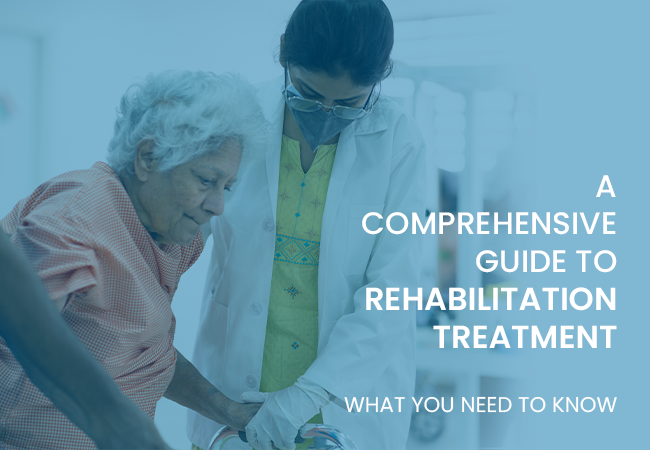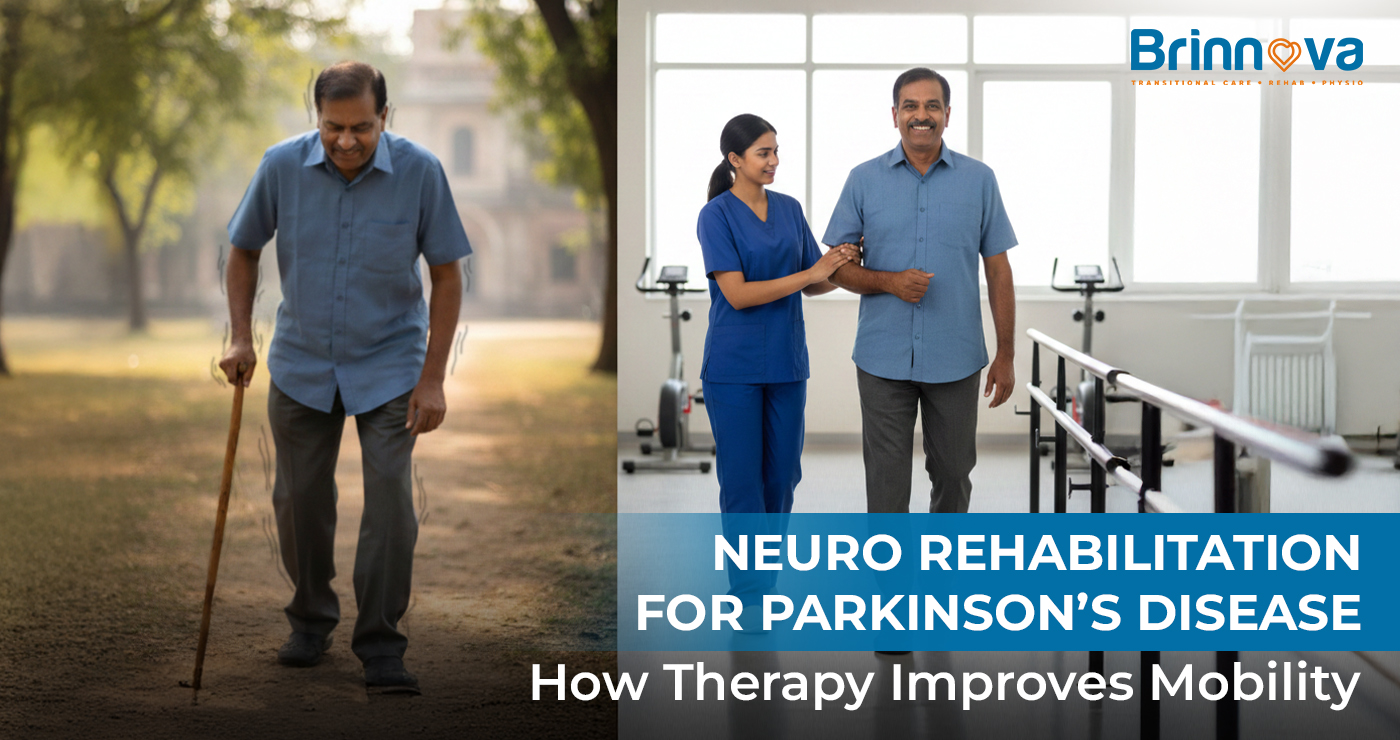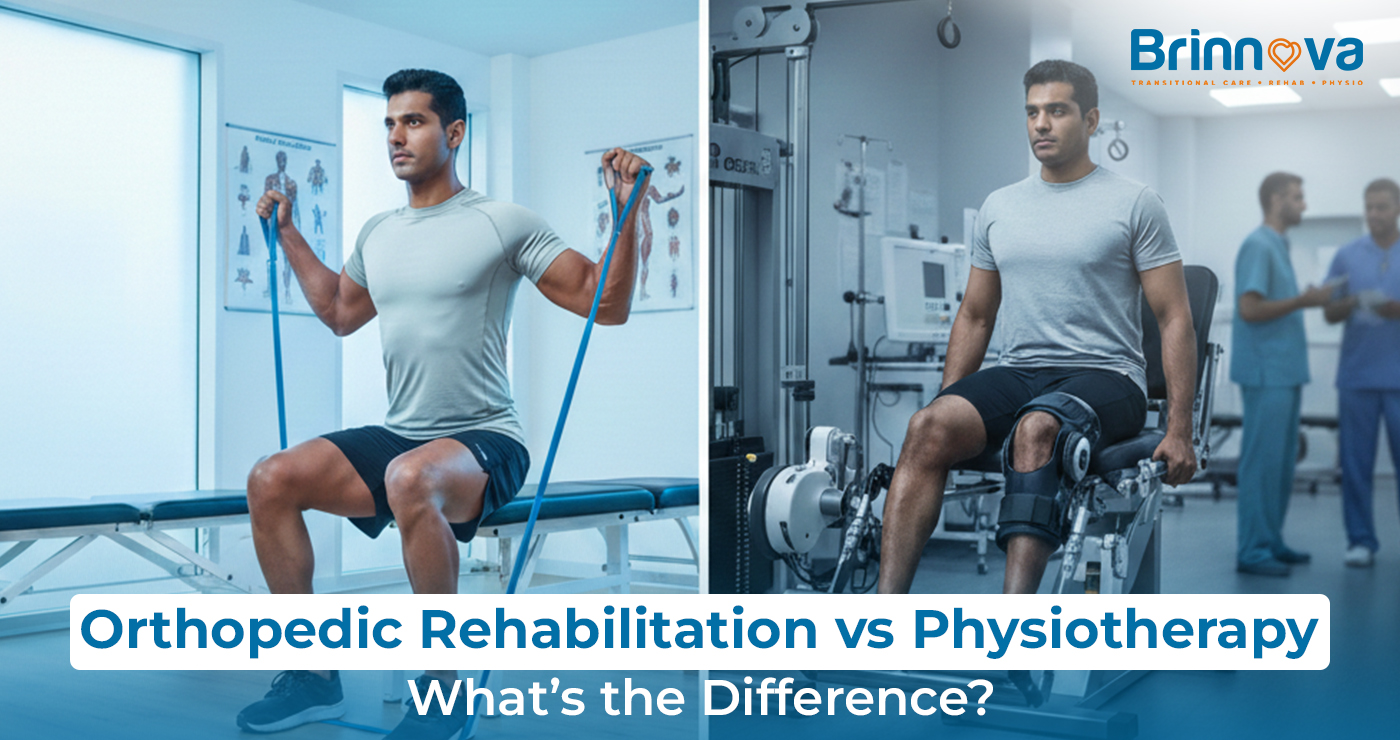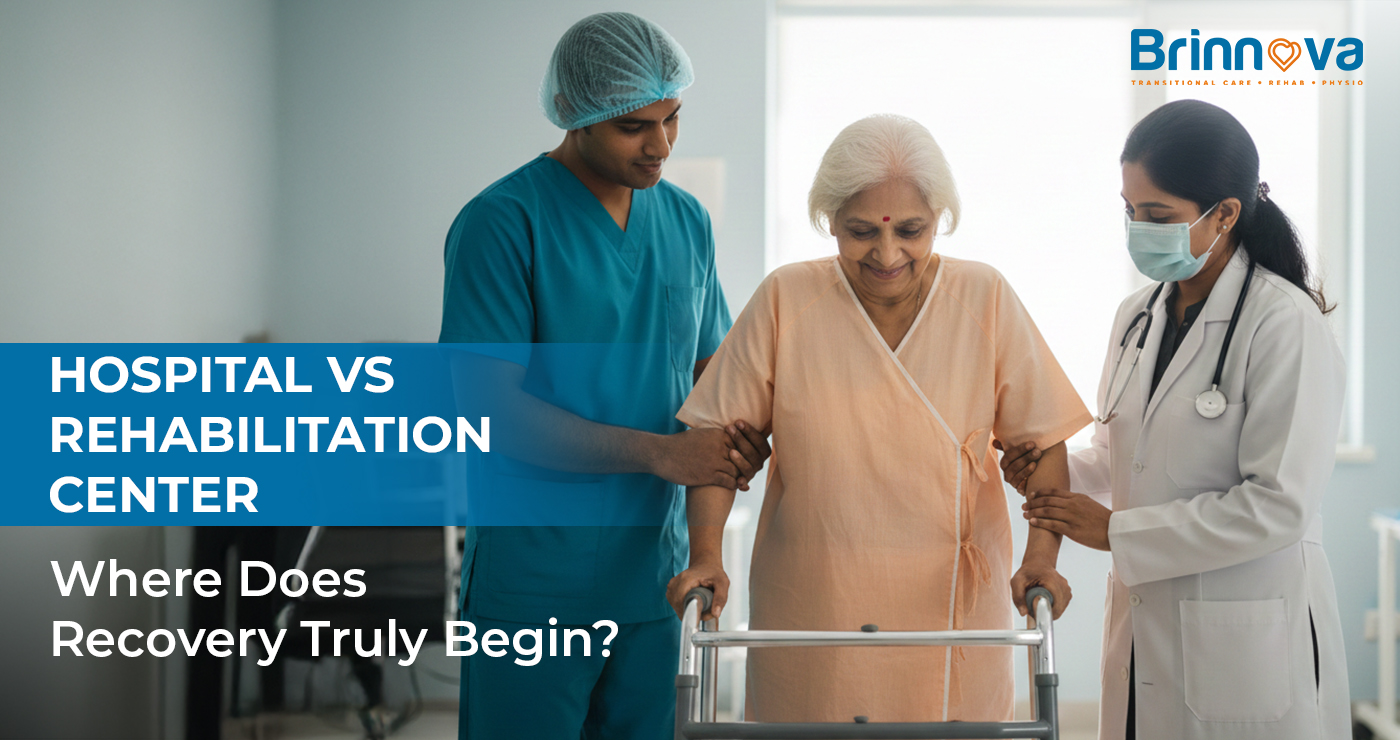A Comprehensive Guide To Rehabilitation Treatment: What You Need to Know
When faced with a substance use disorder, most people think of inpatient rehab as the only way to move forward. But did you know that there are other types of treatment options available? These alternative forms of care may not get the same attention as inpatient programs, but they can be just as effective—and in some cases, even more so. In fact, according to the best rehabilitation centre in hyderabad , outpatient treatment is the fastest-growing segment in the rehab market today. If you or someone you love is struggling with addiction and considering different treatment options, this article covers everything you need to know about rehab. Read on to discover all the different kinds of rehab programs available, what makes each one unique, and which one might be right for you
What is rehab?
Rehab, short for rehabilitation, is any type of treatment program that helps people recover from a health condition or substance use disorder. A rehab program can be inpatient or outpatient and can include therapy, medical care, and other services tailored to your specific needs. A range of different treatment options exists, including support groups, medication, and various types of therapy. Detox is a critical first step in the recovery process. It’s the process of removing substances and toxins from your body. According to a rehabilitation hospital in Hyderabad , the goal of detox is to stabilise your mental and physical health enough to start the recovery process. It’s important to note that every person’s experience with rehab will be different. Some people will go to rehab more than once; others may go only once and still be successful. No one can accurately predict what another person’s experience will be like.
Residential Rehab Programs
A residential rehab program is designed to provide the most intensive care possible in a very short period of time. According to the best rehabilitation centre in Hyderabad , the goal of this type of treatment is to help you remove yourself from your environment and all of the triggers that may have led to your substance use. These programs usually last between 90 and 180 days. The most common types of residential programs are inpatient and residential treatment. Inpatient treatment is an option for people who have an addiction that requires medical detox. Residential treatment involves living in a facility for 90 days or more. Some residential rehab programs allow you to stay in a private room, while others are more like a shared living situation. Living arrangements vary by program.
Inpatient Rehabilitation Therapy
Inpatient rehab is a residential rehab program involving you living at a facility 24 hours a day. Inpatient programs offer intensive treatment that lasts between 30 and 90 days.Commonly, inpatient rehab programs feature a mix of therapy and medical care. As per Rehabilitation therapists in Hyderabad, inpatient programs are designed for people with serious addictions that require a lot of support to get clean and remain sober.
Examples of people who may benefit from inpatient rehab include those who:
- Are dealing with a severe mental health condition (e.g., PTSD, major depression, bipolar disorder, etc.)
- Have a co-occurring mental health and substance use disorder - Have a history of extreme substance use (e.g., alcohol or drug abuse that led to legal issues)
- Have a physical or medical condition that affects their ability to manage their addiction
- Are currently experiencing a severe addiction that is impacting their quality of life Inpatient programs are the most intensive and restrictive types of rehab. You will live at the facility 24 hours a day and have limited or no contact with your family and friends. In most cases, treatment is covered by health insurance, although you may be responsible for covering any co-payments or co-insurance.
Partial Hospitalization Program (PHP)
A partial hospitalization (PHP) program is a type of intensive outpatient program (IOP). It means you’re spending part of your day at a treatment facility. And the rest of the day, you’re going about your life as usual. This option is ideal for people who have mild to moderate substance use disorders. Or those who may have a severe addiction but need to continue working full-time. PHP programs are typically 30 hours per week and last between two and six months. You’ll attend treatment at the facility two to five times per week, covering a range of topics including:
- Recovery topics, such as setting goals and skills training
- Education, such as risk and relapse prevention, self-awareness, and communication
- Therapy, such as individual and group counseling
- Medical care, such as managing chronic conditions and prescription medications PHP programs are typically less intensive than hospital inpatient programs. However, they’re not as flexible as outpatient programs. You’ll have to follow a strict schedule that includes therapy and group sessions, as well as daily med checks. You may have limited contact with your family and friends, although some programs do allow for weekend visits. PHP programs are covered by health insurance and typically feature flexible co-payments and co-insurance.
Intensive Outpatient Program (IOP)
An intensive outpatient program (IOP) is an outpatient program that involves an average of eight to 12 hours of treatment per week. Unlike other types of outpatient programs, an IOP is focused on skill-building and therapy, not research or education. It’s more intensive than standard outpatient treatment but less intensive than PHP. IOP programs are great for people who have mild to moderate substance use disorders. After thorough research, the Rehabilitation hospital in Hyderabad believes that IOP programs are typically 30 hours per week and last between two and six months. Examples of topics you may cover in IOP include:
- Recovery topics, such as setting goals and skills training
- Education, such as risk and relapse prevention, self-awareness, and communication
- Therapy, such as individual and group counseling
- For medical care, such as managing chronic conditions and prescription medications IOP programs are less structured than PHP programs. You’ll have more flexibility in your schedule and more one-on-one time with your therapist. You may have limited contact with your family and friends, although some programs do allow for weekend visits. IOP programs are covered by health insurance and typically feature flexible co-payments and co-insurance.
Sober Living Houses and Halfway Houses
Sober living houses and halfway houses are a type of extended-stay residential program. The average length of stay at these facilities is six months, although it can be longer or shorter depending on the person. These programs are ideal for people who have mild to moderate substance use disorders . Or those who may have a severe addiction but need to continue working full-time. Sober living houses and halfway houses typically feature a mix of therapy and medical care. They’re most often used as an IOP program, although some people do use them as a PHP program. Examples of people who may benefit from an extended-stay program include those who:
- Have a severe addiction and need to participate in a high-intensity program
- Have a co-occurring mental health and substance use disorder
- Have a history of extreme substance use (e.g., alcohol or drug abuse that led to legal issues)
- Have a physical or medical condition that affects their ability to manage their addiction
- Are currently experiencing a severe addiction that is impacting their quality of life Sober living houses and halfway houses are very structured programs. You’ll have a daily schedule that includes treatment, meals, and chores. You’re expected to follow the rules and conform to the house culture.
Conclusion
Today, more people than ever are seeking drug and alcohol treatment . With so many options to choose from, it can be difficult to know what type of rehab is best for you. The best way to choose the right rehab program is to do your research. That means reading up on the different types of treatment and their effectiveness. It also means talking with others who have gone through rehab. You can find support online, at in-person meetings, or through a helpline like the ones provided below. You can recover from addiction, no matter which treatment program you choose. With the right support, you have everything you need to overcome substance use disorder and thrive in recovery.




